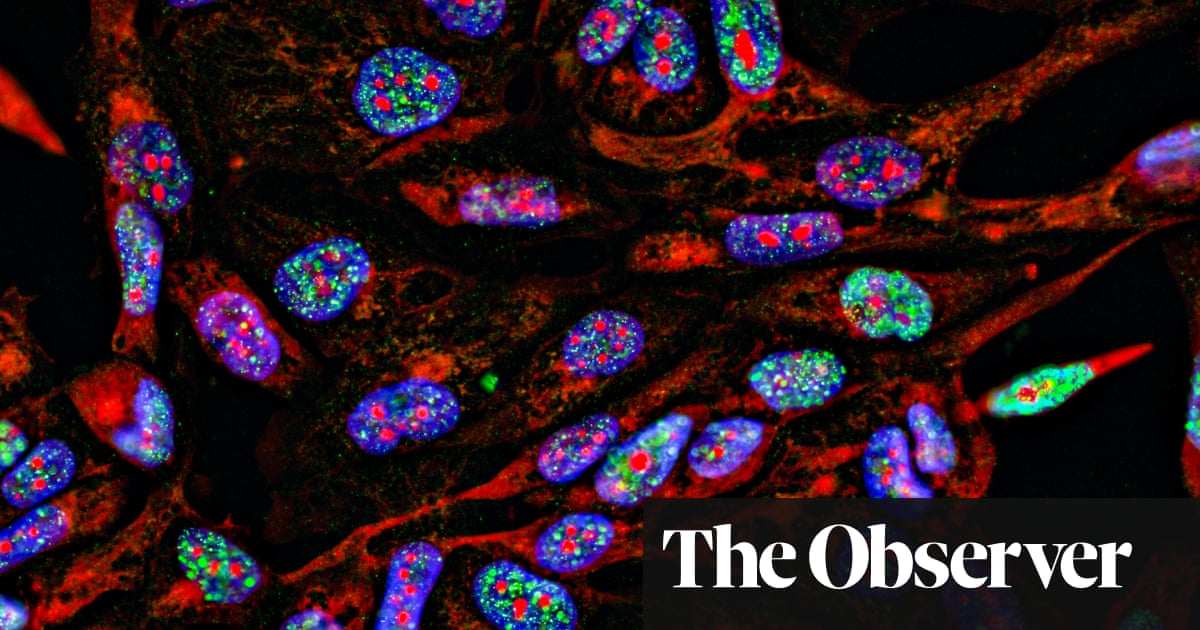
Three million German people can now return to their normal life and work thanks to a new treatment for tinnitus or ear ringing.
US scientists strongly believe that the tinnitus is caused by the brain, not by the ear. They have been able to treat ear ringing by stimulating certain areas responsible for tinnitus in the brain.
“The German Doctor” magazine published a report by a team of US scientists at the University of Michigan, who said they have achieved remarkable success in the double-stimulation tinnitus therapy.
The method has proven to be effective in reducing patient sufferance by placing a specific acoustic stimulus on the ear, and at the same time, stimulating the brain with an impalpable electrical current.
The researchers put their small electrical current on the areas responsible for tinnitus in the brain by stimulating nerves in the neck or head directly. The double-stimulation method reduced the activity of the tinnitus-emitting regions in the brain, thereby reducing the noise in the ear.
The report showed that tinnitus is caused when some areas of the brain, which primarily act as a filter of nascent sounds, do not function normally and turn into a constant source of buzzing. The researchers said that electrical stimulation returned these brain neurons to function normally.
The difficulty of treating tinnitus comes from the lack of scientific knowledge on the case and its occurrence mechanism, as well as divergence between doctors’ opinions about the source of the underlying noise, and whether it is caused by the ear or the brain, or both. This, of course, hampers the process of finding an efficient tinnitus treatment for millions of people.
The latest methods try to "tame" the brain using special music, coupled with a "behavioral" treatment that makes the patient change his habits in everyday life. However, these methods are not sufficient with all patients.
Scientists at the University of Michigan have launched a dual-stimulation method called bipolar-acoustic stimulation, in which they emit "detailed" sound waves in accordance with the tinnitus waves in each patient, and then stimulate the brain regions responsible for the buzz with an impalpable electric current.
They tried the method on 20 patients with chronic complicated tinnitus, and used the double-stimulation method with them for 30 minutes a day over four weeks. The Michigan researchers involved another group, whose members suffer from tinnitus, in comparison trials, and used a false method of double stimulation. The researchers were keen not to know or let the patients know, who had been treated properly and who had received false treatment.
The result was that the tinnitus decreased significantly up to 12 dB, in those with chronic tinnitus, while the buzz disappeared completely from the ears of two patients, according to the doctors report.
Susan Shore from the University of Michigan described the results as "encouraging" because the psychological impact of tinnitus on the lives and moods of patients has significantly declined. But, researchers didn’t observed any improvement in the group that received the false treatment.
Previous studies had suggested that the tinnitus is caused by an unusual activity in a specific area of the brain called the "spiral nucleus" (relative to the earlobe), which is a region composed of spindle-shaped neurons, whose function is to suppress the sound of internal brain movement and to make the human focus on external movement.
Shore says that a factor, a high explosion, may disrupt the functioning of these cells, which start to communicate with each other and produce noise in the ear. Naturally, the individual does not know about this process, and the noise is heard as if it is from the ear.
Shore confirmed that the University of Michigan had already obtained the patent for the “double-stimulation based treatment” for tinnitus. She pointed out that the double stimulation will not work unless the sound waves are initially tuned in the ear with sound waves in the first stimulus (voice), and with the electrical currents of the brain in the second stimulus (electrode).
In other experiments, the team will work to see which tinnitus sufferers will benefit from the method better than others, because the causes of tinnitus are many and complex. Most of the participants in the trial suffered from tinnitus, which becomes more intense by a sudden movement in the palate or neck.












